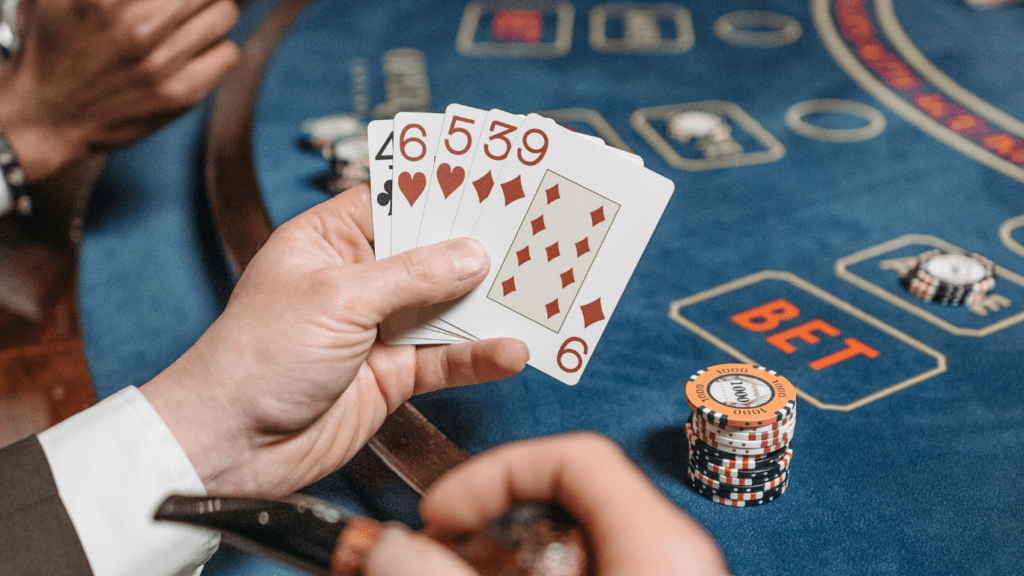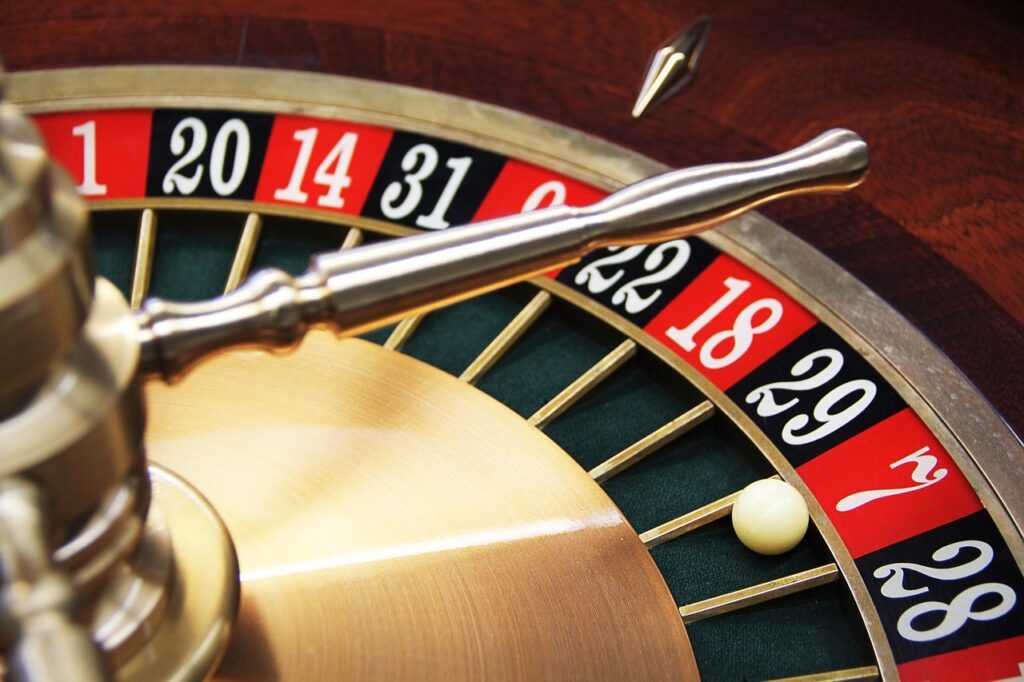As someone who has delved into the world of casinos, I understand the allure and excitement they offer. However, it’s crucial to address the issue of problem gambling within these establishments.
In this article, I’ll explore how casinos can effectively identify and provide support for individuals struggling with gambling addiction. By recognizing the signs of problem gambling early on, casinos can take proactive steps to assist those in need.
From implementing responsible gaming programs to training staff to spot red flags, there are various strategies that can be put in place. It’s not just about maximizing profits; it’s also about promoting a safe and responsible gaming environment for all patrons.
Join me as I delve into the importance of addressing problem gambling in casinos and discover the ways in which these establishments can play a role in supporting those affected.
Understanding Problem Gambling
Gambling addiction, or problem gambling, is a serious issue that affects individuals across various demographics. It’s important to recognize the signs of problem gambling to provide early intervention and support.
As someone working in the casino industry, understanding problem gambling is crucial for me. I must be able to identify patrons who may be struggling with gambling addiction. Problem gambling isn’t solely about losing money; it can have devastating consequences on the individual’s mental health, relationships, and overall well-being.
By being alert to behavioral changes in customers, such as mood swings, secrecy about gambling activities, or an inability to stop gambling, I can help those in need of assistance. Being aware of the risk factors associated with problem gambling is essential.
Factors like easy access to gambling opportunities, financial stress, and underlying mental health issues can contribute to the development of gambling addiction. By understanding these risk factors, I can tailor approaches to assist individuals more effectively.
Educating myself about problem gambling enables me to contribute to a safer and more responsible gaming environment within the casino. By staying informed and observant, I can play a proactive role in identifying and supporting problem gamblers.
Signs of Problem Gambling
Behavioral Indicators
I’ve noted several behavioral indicators that casinos can watch for to identify problem gambling. Look out for signs such as an increasing preoccupation with gambling activities, frequent unexplained absences, or gambling alone for extended periods. These behaviors may signal an underlying issue that needs attention.
Emotional Indicators
In my experience, emotional indicators can also reveal problem gambling tendencies. Pay attention to noticeable mood swings, irritability when not gambling, or defensiveness when questioned about gambling habits. These emotional fluctuations could indicate distress related to gambling addiction.
Identifying Problem Gamblers in Casinos
Understanding the behavioral and emotional indicators of problem gambling is crucial for casinos to identify and support individuals facing gambling addiction effectively. By recognizing these signs early on, casinos can take proactive measures to assist problem gamblers before their issues worsen.
- Behavioral Indicators to Monitor: Obsessive focus on gambling activities. Frequent unexplained absences. Gambling in isolation for extended periods
- Emotional Signs to Watch For: Drastic mood swings. Irritability when not gambling, Defensive behavior when questioned about gambling habits
By staying vigilant for these behavioral and emotional cues, casinos can intervene promptly to provide the necessary support and resources for individuals struggling with problem gambling. This proactive approach contributes to creating a safer and more responsible gaming environment within the casino industry.
Tools and Strategies for Supporting Problem Gamblers
In supporting problem gamblers, it’s crucial for casinos to employ effective tools and strategies designed to identify and assist individuals dealing with gambling addiction. By implementing proactive measures, casinos can create a safer gaming environment and offer support to those in need.
Here are some key tools and strategies for supporting problem gamblers:
- Self-Exclusion Programs: Offering self-exclusion programs where individuals can voluntarily ban themselves from the casino premises or online platforms. Providing options for self-exclusion periods to suit the individual’s needs, such as temporary or permanent bans.
- Responsible Gambling Hotlines: Establishing dedicated hotlines for individuals to seek help and guidance regarding their gambling behavior. Partnering with counseling services or organizations specializing in gambling addiction for comprehensive support.
- Employee Training and Awareness: Conducting regular training sessions for casino staff to recognize signs of problem gambling and intervene appropriately. Educating employees on how to engage with patrons displaying concerning behavior with empathy and professionalism.
- Collaborations with Support Groups: Forming partnerships with local support groups or addiction centers to refer individuals in need of specialized assistance. Hosting support group meetings or counseling sessions on-site for easier access to resources.
- Behavioral Analytics Software: Utilizing advanced software tools to track and analyze gambling behavior patterns for early detection of problematic gambling habits. Implementing algorithms that flag potentially risky behavior, allowing for timely intervention by casino staff.
By incorporating these tools and strategies into their responsible gaming initiatives, casinos can play a proactive role in identifying and supporting problem gamblers. Prioritizing the well-being of patrons ensures a sustainable and ethical approach to the gaming industry, fostering a culture of responsible gaming and intervention when needed.














































































































































































































































































































































































































































































































































































































































































































































































































































































































































































































































































































































































































































































































































































































































































































































































































































































































































































































































































































































































































































































 Diane Lesperancertics – Responsible Gambling & Compliance Writer
Diane Lesperancertics is dedicated to covering responsible gambling practices, legal frameworks, and compliance issues in the industry. With extensive experience in gaming regulation and consumer protection, she provides well-researched content on ethical gambling practices, self-exclusion programs, and government policies. Diane is committed to promoting transparency within the industry, ensuring players have access to the tools and knowledge they need to gamble responsibly. Her work serves as a bridge between casino operators, regulators, and the gambling community.
Diane Lesperancertics – Responsible Gambling & Compliance Writer
Diane Lesperancertics is dedicated to covering responsible gambling practices, legal frameworks, and compliance issues in the industry. With extensive experience in gaming regulation and consumer protection, she provides well-researched content on ethical gambling practices, self-exclusion programs, and government policies. Diane is committed to promoting transparency within the industry, ensuring players have access to the tools and knowledge they need to gamble responsibly. Her work serves as a bridge between casino operators, regulators, and the gambling community.
